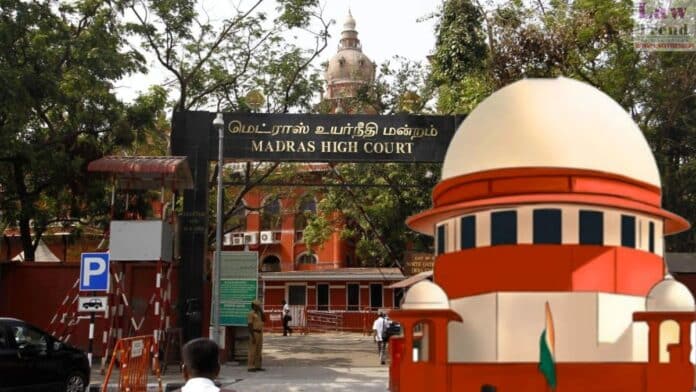The Supreme Court of India sharply criticized a judgment by the Madras High Court on Monday, deeming it “atrocious” for stating that merely watching child pornography does not constitute an offense under the Protection of Children from Sexual Offences (Pocso) Act and the Information Technology Act, 2000. This controversial ruling came under scrutiny as the apex court, led by Chief Justice Dhananjaya Y Chandrachud, agreed to review the high court’s January decision.
The bench, which also includes justices JB Pardiwala and Manoj Misra, has issued notices in response to an appeal filed by the “Just Rights for Children Alliance,” a coalition of NGOs. The Tamil Nadu government and other relevant parties have been asked to respond.
Senior counsel HS Phoolka, representing the NGOs, argued that the Madras High Court’s order was flawed, emphasizing that the involvement of minors in such content inherently subjects it to the Pocso Act’s provisions. Phoolka expressed concern that the high court’s judgment might convey a misleading message to the public, suggesting that downloading and possessing child pornography is not punishable.
Also Read
The case in question involved a 28-year-old man charged with downloading and viewing child pornographic material. Justice N Anand Venkatesh of the Madras High Court quashed the criminal case, reasoning that the charges under the Pocso Act would require the use of a child or children for pornography purposes.
Furthermore, the accused was acquitted under Section 67-B of the Information Technology Act, which deals with the punishment for publishing or transmitting material depicting children in sexually explicit acts in electronic form. The high court stated that this section does not inherently criminalize the act of merely watching child pornography.




